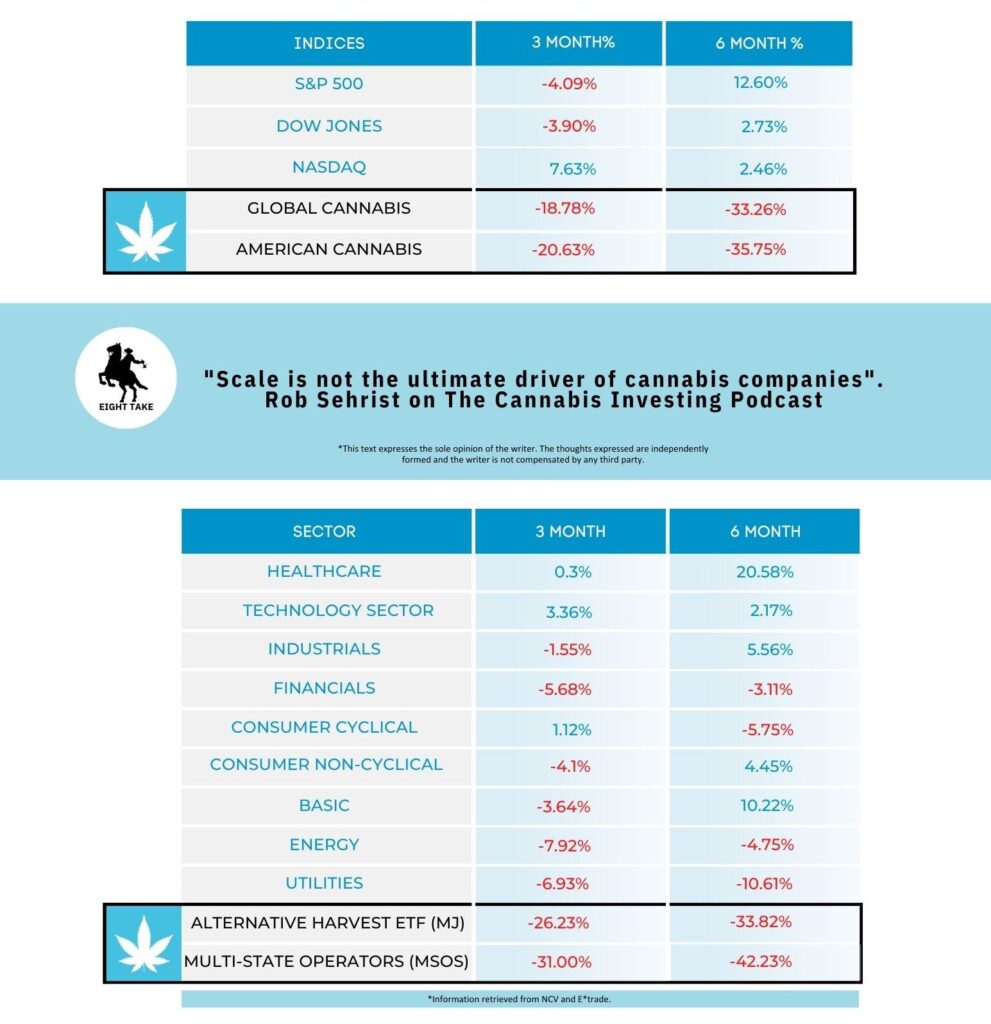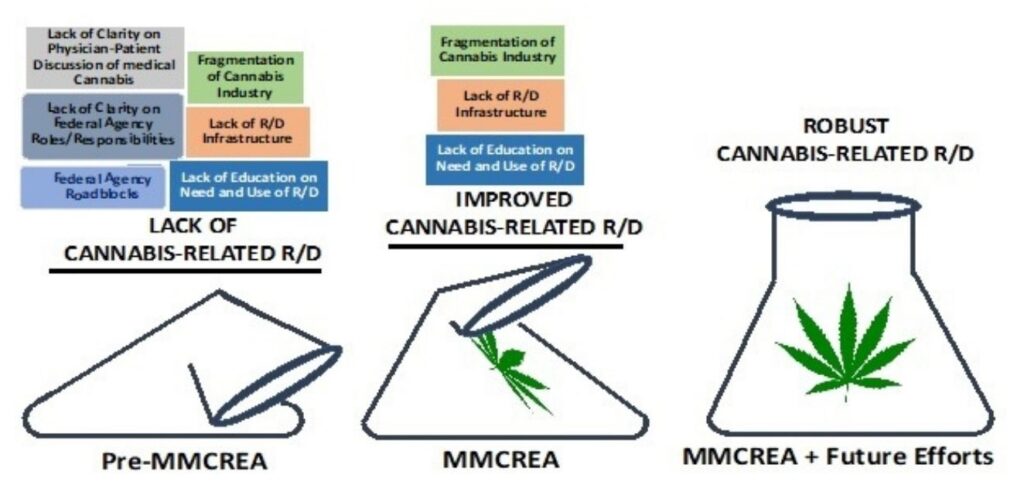On consumers switching from alcohol to cannabis beverages
The need for an alcohol substitute that gives you a little buzz and doesn’t make you hungover? That’s a universal need, and it extends far beyond traditional cannabis consumption patterns. It’s for people who have never consumed cannabis before; it’s a great way for somebody to try cannabis for the first time and not have a bad time.
The misnomer of total cannabis beverage market size
Cannabis industry pundits often think about the universe as people buying cannabis from dispensaries today, and if you’re looking at the data, yeah, 50% of the drinks being sold on a dollar basis […] are 100mg THC shots. I think it’s because we’re early. The people walking the dispensary floor are much more likely to need 100mg of THC at an approachable price point.
But, we have always looked at the universe as just like people on the earth, and we’re trying to figure out if you stop ten people on the street in New York City, and you said, “Do you wanna drink less booze?” Eight out of ten would say yes. And if you stopped the same ten people on the street, or you asked them a follow-up question and said, “Are you a cannabis user?” More than 50% of them would say no.
Separating low-dose and high-dose products
Cannabis needs to have a split where the lower dosage products that are not as dangerous are more broadly accessible. Unfortunately, the first wave of that split was CBD versus THC. But that’s like saying LaCroix and Whiteclaw are like two sides of the same coin; like, one has booze, one does not. […] It’s not about the absence or presence of THC that makes something safe—it’s the potency.

Luke Anderson, Co-Founder at Cann
So, I think potency-based regulations […] like what we’re seeing with the Delta-9 stuff in Minnesota, Texas, New York—I think that should be just like a sweeping national regulation, and it shouldn’t be limited to deriving from hemp.
It should be based on the scientific architecture of the product.

Editors’ Note: This is an excerpt from our Monthly Playbook. If you would like to read the full monthly playbook and join the thousands of others you can sign up below.




